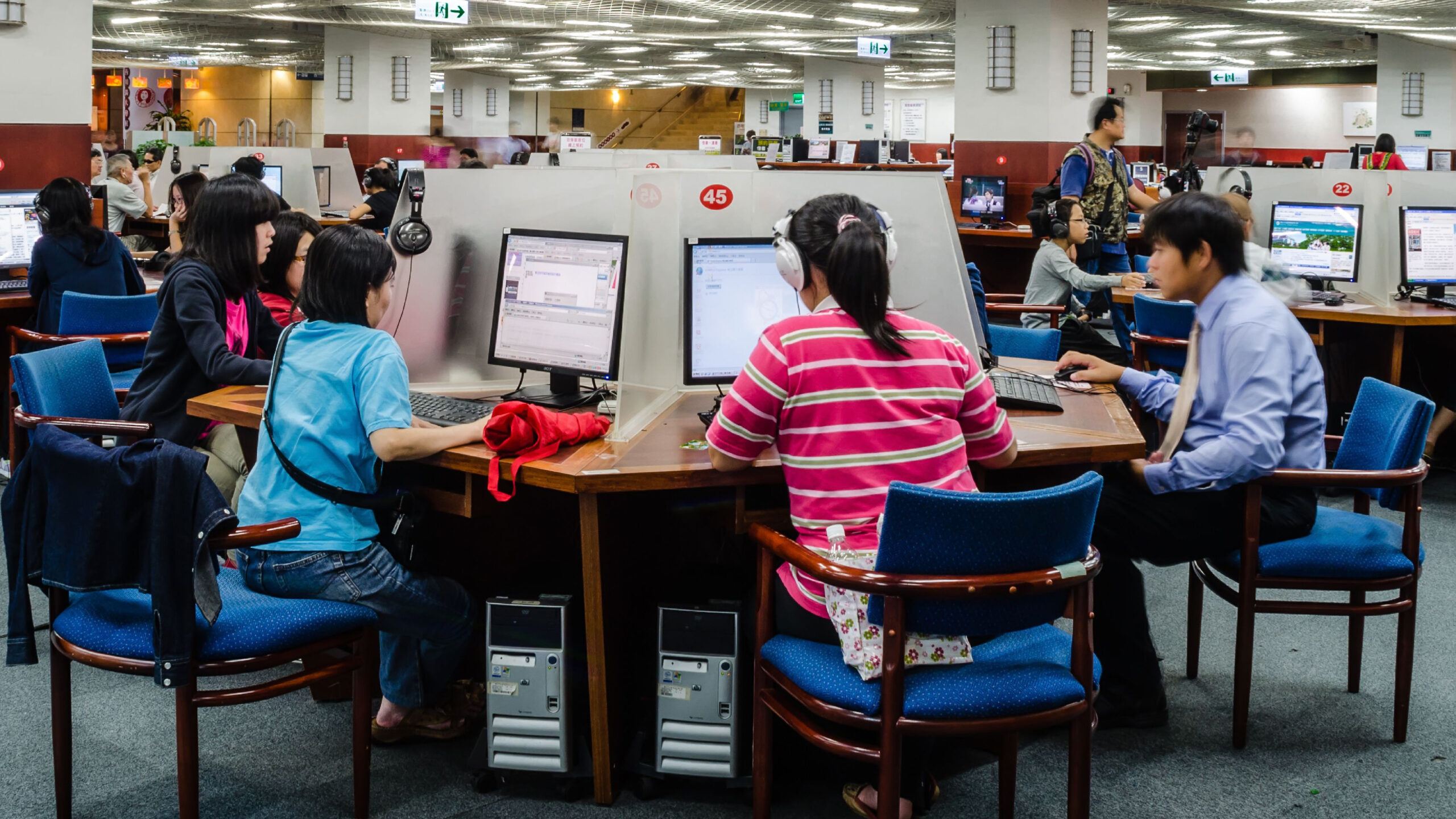In Shocking Revelation: Airbnb is Cheaper than Hotels
On some corners of the web, online apartment and room-rental service Airbnb looks embattled. Quartz featured an article which claimed that “Airbnb could squander billions fighting every landlord in the world.” The same article quoted a New York judge who likened an Airbnb apartment rentals to an “illegal hotel” (check out Ali’s post on Airbnb’s legal status in New York). In Quebec, police officers, at the behest of local bed and breakfasts, are cracking down on Airbnb users, even conducting sting operations against “repeat offenders.” All the while, hotel bloggers remind incumbents in the hospitality industry that in the fight against Airbnb, “local governments may be an ally.” Nevermind that US hotel room revenue rose 6.8% in 2012, in spite of Airbnb’s success.
While so much incumbent ire implies that economically, Airbnb is doing something right, new evidence validates our hunches. This data, from priceonomics, details the savings associated with using Airbnb versus a traditional hotel. The benefits are pretty radical. On average, Airbnb users pay 21.2% less to rent out a full apartment than a hotel room. Users looking to stay in a single room via Airbnb save a whopping 49.5%. Priceonomics went even further, comparing Airbnb apartments with hotels in major US cities. While in some smaller cities, hotel rooms cost less than apartments, Airbnb single rooms are always cheaper. As a bonus, priceonomics compiled Airbnb listing per capita by city, in order to evaluate which cities were best suited to its business model. Unsurprisingly, San Francisco topped the chart with 213 listings per 100,000 people.
Essentially, priceonomics tells us what we already know: collaborative consumption saves consumers’ money. Collaborative consumption is the driving force behind similar startups such as Zimride, TaskRabbit and Blackjet (movie stars can consume collaboratively too!), which eliminate costly middlemen and allow individuals to effectively allocate unused goods and services. Indeed, while Airbnb “landlords” undoubtedly benefit from its services, we now have tangible evidence that consumers do as well. While Airbnb is the latest example of efficient, innovative and digital collaborative consumption, legacy firms, fearful for their previously unassailable profits, will continue pushing back. Taking on the global hospitality industry will be a costly challenge, but with consumers reaping such massive savings, it’s an important fight to win.
Benjy Cannon is an intern at the Computer & Communications Industry Association. Follow @benjycannon








